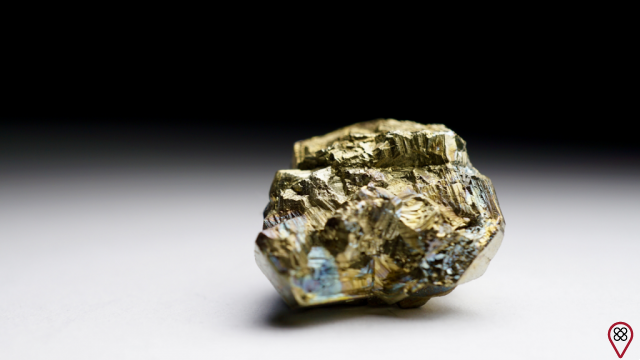Ayurveda is an ancestral wisdom that brings several important concepts which, since millennia ago, fit into reality and adapt to the routine of humanity.
One of these concepts is Agni. Agni is often translated from Sanskrit (an ancient language in which the Vedas, sacred texts that gave rise to Ayurveda were written) to Portuguese as “fire”. But in fact Agni brings the essence of the transformation, the heat and the impetus of transition of the phases of each natural phenomenon.
Agni and Natureza

Agni is in everything that lives. All phenomena, bodies, tissues and processes bring Agni as an impetus for transformations. For this reason he is often associated with fire, which is the element that transforms.
Everything that receives natural impetus for a next phase or process is receiving Agni. The plant grows, the animals grow and their cells change and multiply under the influence of Agni, which in nature has the Sun as one of its greatest ambassadors.
The heat of the sun is the impetus for plant growth, flower change, cocoon development and recycling of organic material.
Agni in Our Body

In our body Agni is present in all levels and tissues. All of our bodily changes, growth, nutrition and aging depend on Agni to take place.
One of the most important Agnis in our body is the digestive fire, the Jataragni, which carries out the transformation of food through physical and chemical processes, allowing these foods to transform into nutrients and, soon after, into part of the tissues.
When our Agni is low, Jataragni is one of the first to present noticeable problems, creating a picture of poor digestion, heaviness in the stomach and malnutrition, for example. Likewise, when our Agni increases noticeably in an unbalanced way, effects such as excessive digestion, burning and reflux can occur.
Agni maintenance

Some of the characteristics of Agni, which we can also observe in the fire element, are sensitivity and volatility. In this way, the maintenance of Agni in our body depends on a delicate balance, in the same way that our planet does.
You may also like
- Keep your mind and your glass healthy
- Get in touch with nature and feel its benefits
- Balance your body with Ayurveda
Noticing the changes in Agni to keep it in the ideal measure is one of the most beneficial practices for our health. To know what to do in practice, look for an Ayurvedic therapist and start your journey.

























